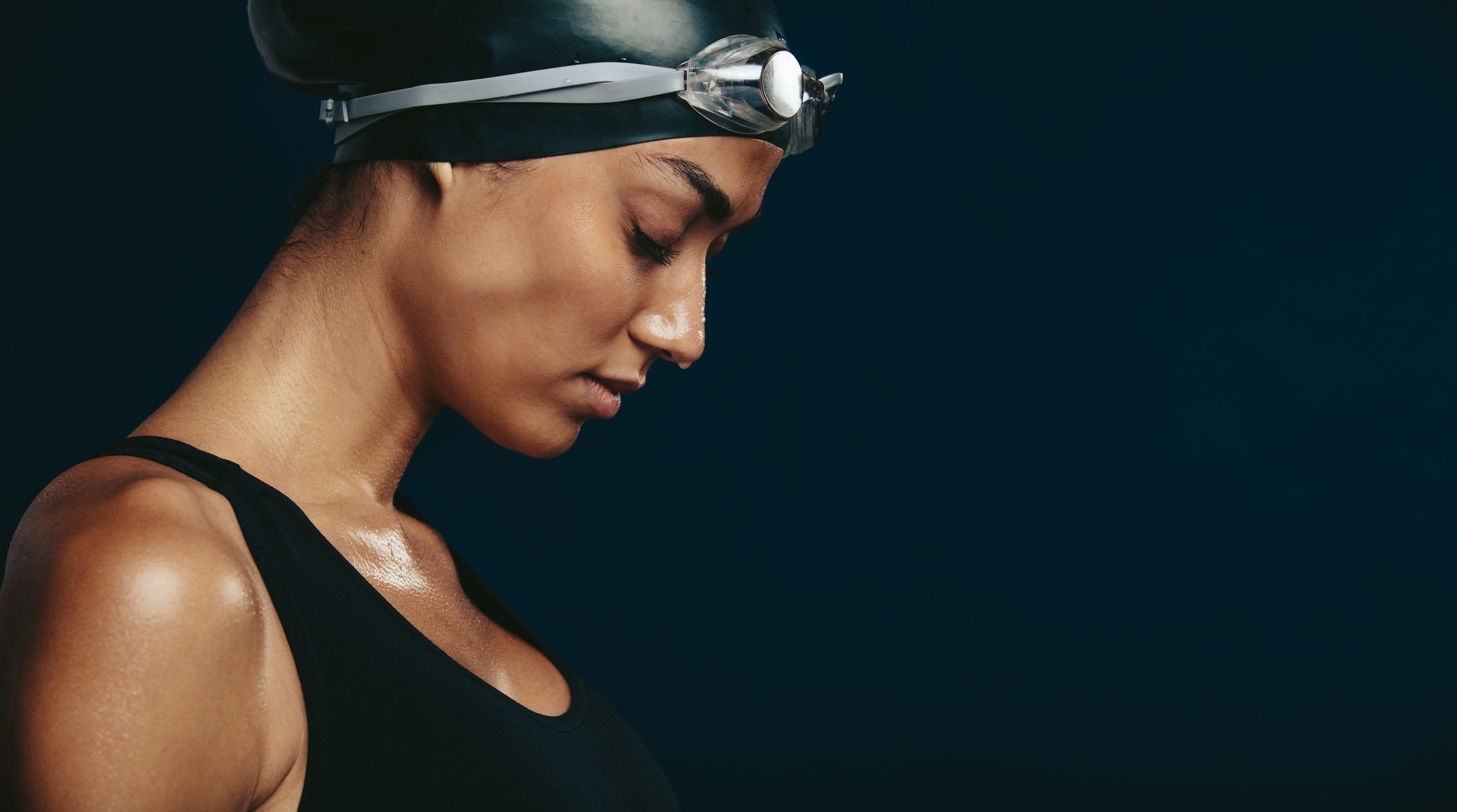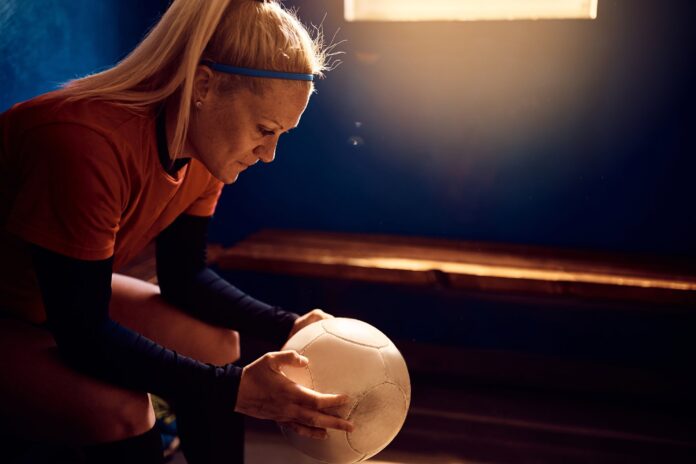Walk into a footy team’s sheds before kick-off and you might see a stony-faced athlete trying to block out all pre-game thoughts.
Go to another sport and you might find another athlete working themselves into a frenzy thinking about the game ahead.
Both are dealing with states of competitive anxiety in very different ways. Both might think their way is effective.
So who has the right strategy?
According to new research from the University of the Sunshine Coast, they both might.
Dr Steven Love said, via a UniSC press release, that athletes may adopt different beliefs to cope with the different stressors of their specific environments.

“Having metacognitive awareness, an awareness of thoughts and thinking styles, can help people either adopt useful strategies or recognise when their thinking is becoming dysfunctional for their performance, and switch thinking,” he said.
Metacognitive beliefs, or beliefs about the way we think (such as “worrying is bad for my performance”), have been shown to affect those thinking processes which, in turn, can affect mental states such as anxiety, and subsequent performances.
While different metacognitive beliefs might be useful for coping with the stresses of competition, unwavering belief in one way of thinking is a dangerous game.
“Generally, a positive belief about a thought process increases engagement with that thought process. For example, if someone views worrying as an effective strategy to prepare their thoughts before a competition, then they will engage in it,” Dr Love said.
“But the thinking needs to remain reflective and adaptively focused on one’s performance in a constructive way, or it can develop into repetitive and damaging outcomes – basically, sending an athlete into a black hole of worry and distracted attention.
“This is where negative beliefs are activated. Negative beliefs are concerned with the controllability of thoughts (such as “I can’t stop worrying about my performance”) and directly affect the ability to keep attention task-focused.
“We are the master of our own thoughts. If you believe your thoughts are uncontrollable and their own entity, then this will be the case.”

We’ve all seen what happens when an athlete’s system of thinking fails and anxiety takes over.
Think Greg Norman at the 1996 Masters, South Africa at the 1999 Cricket World, England in almost every major penalty shootout – these are among the worst ‘chokes’ in sports history.
But could these moments been prevented, if the athletes were aware of their metacognitive beliefs beforehand, and how to manage them?
Dr Lee Kannis-Dymand thinks so.
“There is emerging evidence that metacognitive therapy techniques are effective in reducing worry and are beneficial as interventions for sports performance,” Dr Kannis-Dymand said.
“It’s up to how well we can control thinking and effectively maintain it that counts, and this involves the use of both metacognitive beliefs and processes,” Dr Love said.
“All it takes is a fleeting thought, or a glance at a face in the crowd, to initiate self-doubt, worry, and internal distraction. One bad performance can then lead to choking – if that performance is evaluated maladaptively.”
The study also compared how metacognitive beliefs differed between individual sports, team sports, endurance sports and esports (competitive video gaming).
Athletes in individual sports, for example, felt positively about the heightened pressure of being in the spotlight while esports athletes believed that ruminating and fixating on mistakes was a useful practice. In each case, this appeared to compensate for the unique pressures of the sports.
“We need to start looking at more specific and controlled studies focusing on specific sports. What metacognitive beliefs do athletes adopt to cope with the dynamics of their sport and which beliefs are effective in what circumstances?” Dr Love said
Like stories that inform, connect and celebrate the Sunshine Coast? So do we. Join an independent local news revolution by subscribing to our free daily news feed: Go to SUBSCRIBE at top of this article to register.





